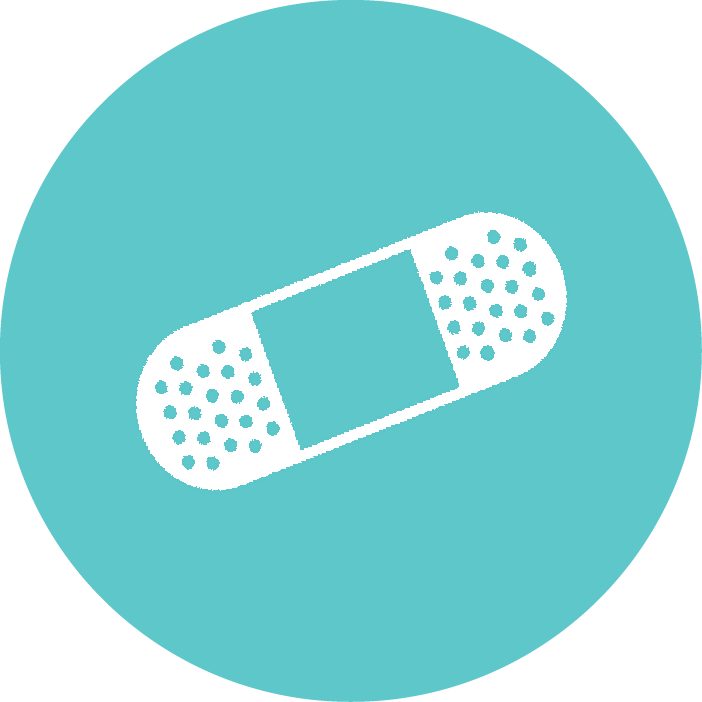A hives diagnosis isn’t necessarily serious. If you are diagnosed, however, you should do a few things to follow up. Perhaps most important is finding out the cause of your hives. Once you know this, you can take steps to reduce your symptoms and hopefully avoid outbreaks in the future.
Allergy
Allergies are responsible for the majority of hives cases lasting less than six weeks. Unless the evidence points to a different cause, your first step after a hives diagnosis should be an allergy test. We recommend that people with new cases of hives get a blood allergy test from their doctor. The blood test can measure your sensitivity to the major food allergens, as well as the most common environmental allergens in your area. There are hundreds of different allergic sensitivities that the test can help identify. This broad range makes it particularly useful as a first step.
If the test shows that you do have an allergy, avoiding contact with your allergen is the most common and effective treatment. If your allergen is unavoidable (like pollen, for example), you can look into an over-the-counter antihistamine.
Skin Stimulation
It’s also very common to develop hives after scratching your skin or applying pressure to it. This type of hives is also called “skin writing.” It’s easy to test if you have the “skin writing” type of hives: simply scratch some of your skin for a little while and see if hives develop later. If this happens regularly, it’s likely that the stimulation is the cause.
Just like allergy, “skin writing” is most commonly treated with antihistamines. If your case lasts for a long time, you may want to have a follow-up visit and explore other treatments.
Medication
Many people develop hives after taking a medication like ibuprofen, aspirin, or penicillin. You should seek additional medical attention immediately if your hives appeared after taking a medication. While medication-related hives can be harmless, they are frequently a sign of a more serious underlying reaction.
Because all medication related cases are different, we don’t have a broad recommendation for treating them. It would be a good idea to have some blood work done to investigate the cause.
Other Causes
The three items above are the most common causes of hives, but there are many others as well. Other causes of hives can be as simple as exercise or as dangerous as a parasitic infection. If none of the causes listed above make sense for you, we recommend having them looked at further. It’s unlikely that the cause is serious, but it’s always better to be safe!



